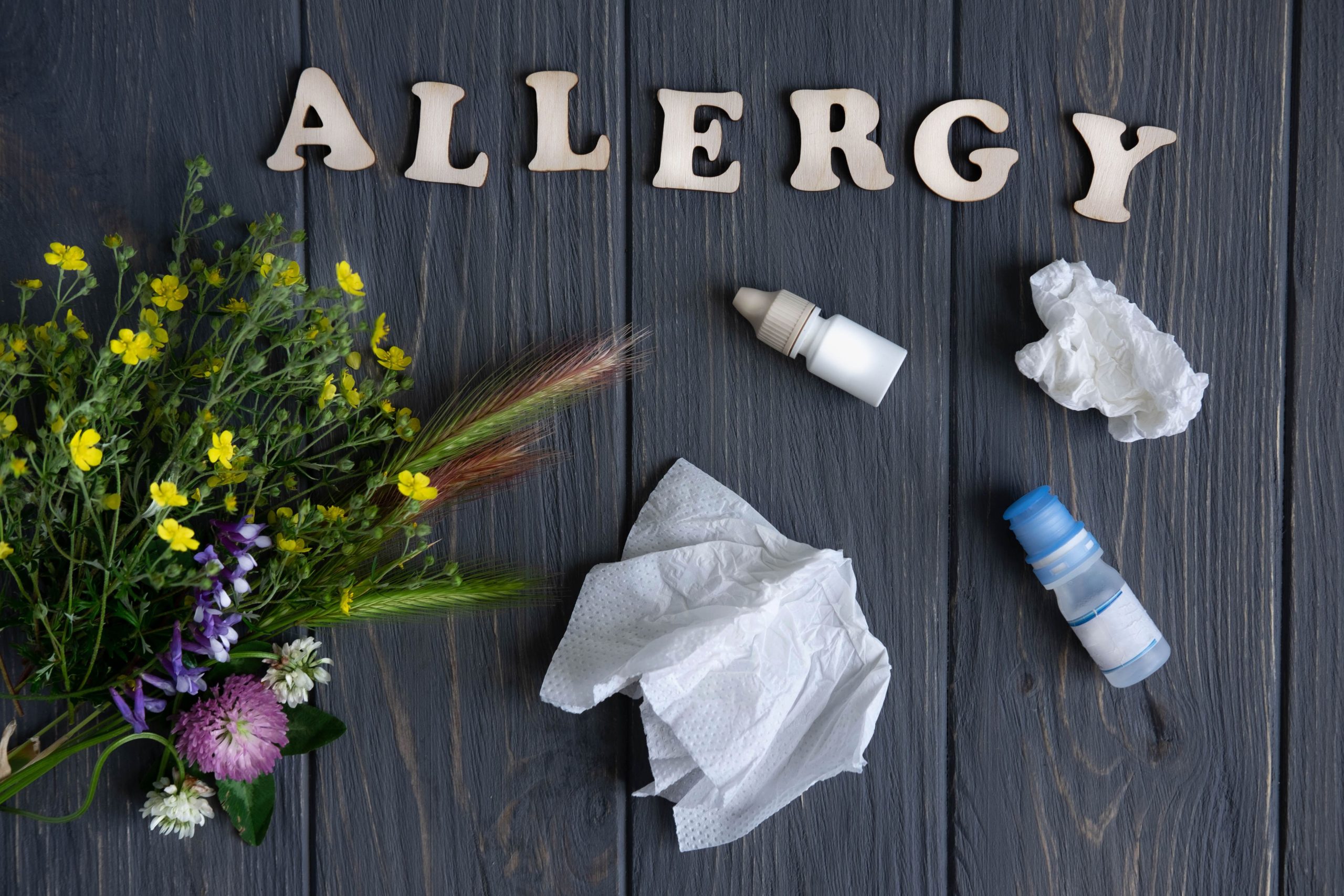Bethel Pharmacy
Email Us
info@bethel-pharmacy.com
Call Us
(252) 825-7271
Fax Us
(252) 825-2976
Seasonal Allergy Management: Tips and Medication Options
July 2, 2024

As the seasons change, so do the allergens in the air. For many, this means dealing with the discomfort of seasonal allergies. Whether it’s springtime pollen or autumn mold, allergies can significantly impact your quality of life. Here are some practical tips and medication options to help you manage your symptoms and enjoy the changing seasons.
Understanding Seasonal Allergies
Seasonal allergies, also known as hay fever or allergic rhinitis, occur when your immune system overreacts to allergens in the environment. Common triggers include pollen from trees, grasses, and weeds, as well as mold spores. Symptoms can range from mild to severe and include sneezing, a runny or stuffy nose, itchy eyes, nose, or throat, watery eyes, and fatigue.
Tips for Managing Seasonal Allergies
Staying informed about pollen counts is a crucial first step. Local pollen forecasts can be a lifesaver, allowing you to plan your outdoor activities when pollen counts are lower. On days when the counts are high, try to stay indoors, especially in the early morning when pollen levels are typically at their peak. Keeping windows closed during these times can also help reduce your exposure to allergens.
When you do venture outside, taking a few precautions can make a big difference. Wearing sunglasses and a hat can help keep pollen out of your eyes and hair. Once you come back inside, changing your clothes and taking a shower can remove any lingering allergens, preventing them from spreading throughout your home.
Maintaining a clean environment is another essential strategy. Using high-efficiency particulate air (HEPA) filters in your home can significantly reduce the number of airborne allergens. Regularly cleaning your floors with a vacuum equipped with a HEPA filter can also help. Keeping windows and doors closed, especially on high pollen days, will further minimize indoor allergen levels.
Indoor humidity plays a significant role in mold growth, which can exacerbate allergy symptoms. Using a dehumidifier to keep indoor humidity levels low can help. It’s also important to fix any leaks promptly and clean any moldy surfaces to prevent spores from becoming airborne.
For many, saline nasal rinses are a simple yet effective way to manage symptoms. These rinses can help wash away allergens from your nasal passages, providing relief from congestion and irritation.
Over-the-Counter Medications
When it comes to medications, there are several over-the-counter (OTC) options that can help manage seasonal allergy symptoms. Antihistamines, such as loratadine (Claritin), cetirizine (Zyrtec), and fexofenadine (Allegra), are often the first line of defense. These medications can relieve sneezing, itching, and a runny nose.
Decongestants like pseudoephedrine (Sudafed) and phenylephrine (Sudafed PE) can help reduce nasal congestion and sinus pressure. However, these are not recommended for long-term use and should be used with caution, especially if you have high blood pressure or other health conditions.
Nasal corticosteroids, such as fluticasone (Flonase), triamcinolone (Nasacort), and budesonide (Rhinocort), are very effective for reducing inflammation and relieving nasal symptoms. For those struggling with itchy and watery eyes, eye drops like ketotifen (Zaditor) and olopatadine (Pataday) can provide much-needed relief.
Prescription Medications
If OTC medications aren’t providing enough relief, it’s worth discussing prescription options with your healthcare provider. Prescription nasal sprays like mometasone (Nasonex) and fluticasone furoate (Veramyst) offer more potent relief for severe symptoms. Leukotriene receptor antagonists, such as montelukast (Singulair), can reduce inflammation and are particularly useful for those who also have asthma.
For long-term relief, allergy shots (immunotherapy) can be a game-changer. This treatment gradually desensitizes your immune system to specific allergens through regular injections, reducing your overall sensitivity over time.
When to See a Doctor
If your symptoms are severe, persistent, or not adequately controlled with OTC medications, it’s time to consult a healthcare provider. They can help identify specific allergens through testing and recommend appropriate treatments.
Conclusion
Managing seasonal allergies involves a combination of avoiding allergens, maintaining a clean environment, and using the right medications. By taking these steps, you can reduce your symptoms and enjoy the seasons with greater comfort. If you need advice on which medications might be best for you, don’t hesitate to visit our pharmacy. Our knowledgeable staff is here to help you find the right solutions for your allergy management needs. Feel free to stop by or contact us for more personalized advice. We’re committed to helping you achieve the best possible health and well-being.
Contact Details
- 7433 Main St., Bethel, NC 27812
- info@bethel-pharmacy.com
- 9 AM - 5:30 PM, Monday - Friday, 12:30 PM - 1:30 PM Lunch Break
- (252) 825-7271
- (252) 825-2976
Make Appointment
Call Us
(252) 825-7271
Copyright © 2024 All rights reserved.